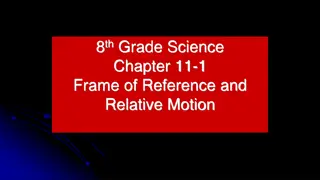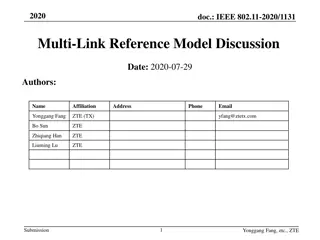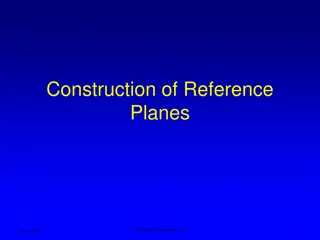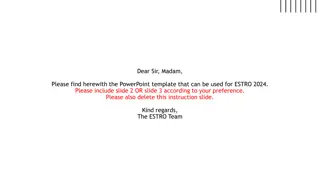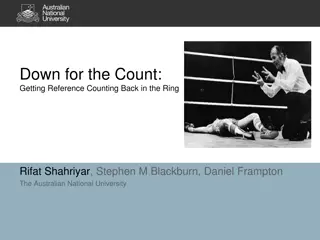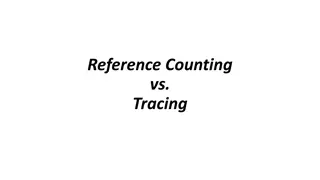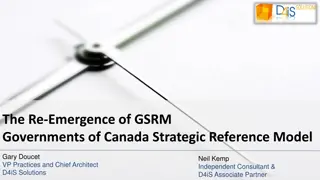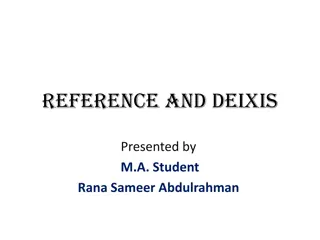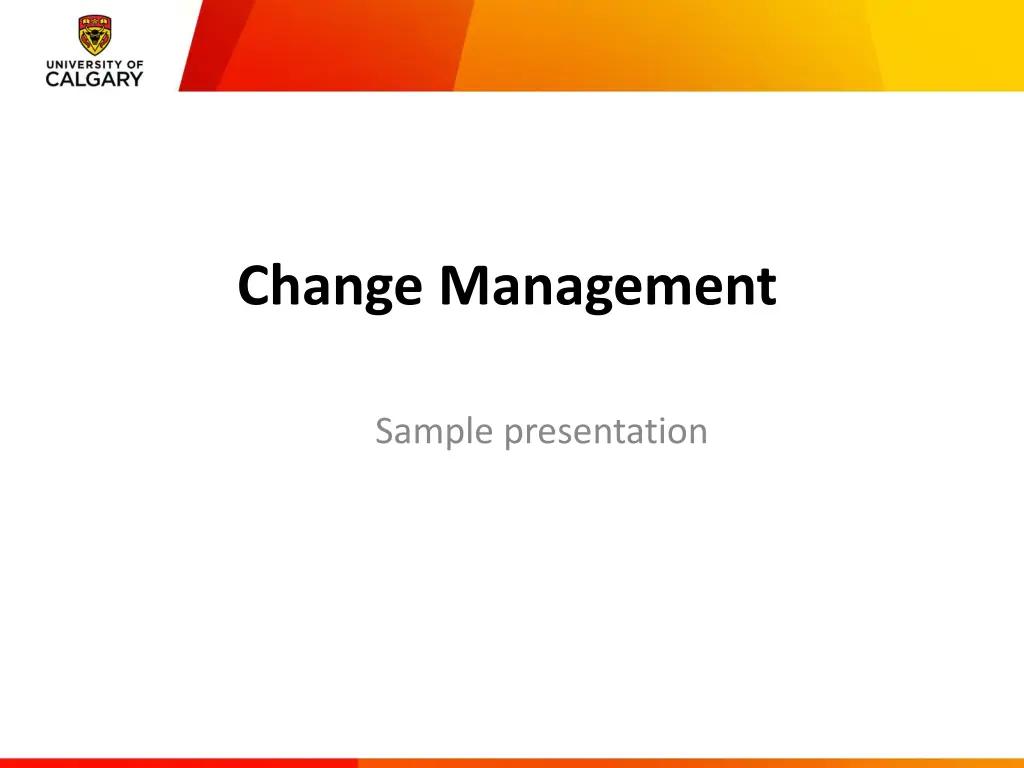
Effective Change Management Strategies
Explore different perspectives and levels of change, along with Kurt Lewin's Theory of Change. Understand the various types of change such as episodic, planned, radical, and incremental. Discover the integration of constant and crisis change, and the importance of unfreezing and refreezing in managing change effectively.
Download Presentation

Please find below an Image/Link to download the presentation.
The content on the website is provided AS IS for your information and personal use only. It may not be sold, licensed, or shared on other websites without obtaining consent from the author. If you encounter any issues during the download, it is possible that the publisher has removed the file from their server.
You are allowed to download the files provided on this website for personal or commercial use, subject to the condition that they are used lawfully. All files are the property of their respective owners.
The content on the website is provided AS IS for your information and personal use only. It may not be sold, licensed, or shared on other websites without obtaining consent from the author.
E N D
Presentation Transcript
Change Management Sample presentation
Perspectives of Change Episodic Change Planned Intentional Linear Radical Macro-level Continuous Change Ongoing Evolving Cumulative Incremental Micro-level Source: Weick, K. and Quinn, R. (1999).
Levels of Change Integration Constant Third order Radical Crisis Second order Incremental Problems First order Source: Bartunk, J.M. & Moch, M.K. (1987).
Kurt Lewins Theory of Change Change Prepare for change Reinforce the new state Execute the change Unfreeze Refreeze Source: Lewin, K. (1951).
References Bartunk, J.M. & Moch, M.K. (1987). First-order, second-order, and third-order change and organizational development interventions: A cognitive approach. The Journal of Applied Behavioral Science, 4(23), 483-500. Lewin, K. (1951). Field theory in social science. New York: Harper and Row. Weick, K. and Quinn, R. (1999). Organizational change and development. Annual Review of Psychology, 50, 361-386




